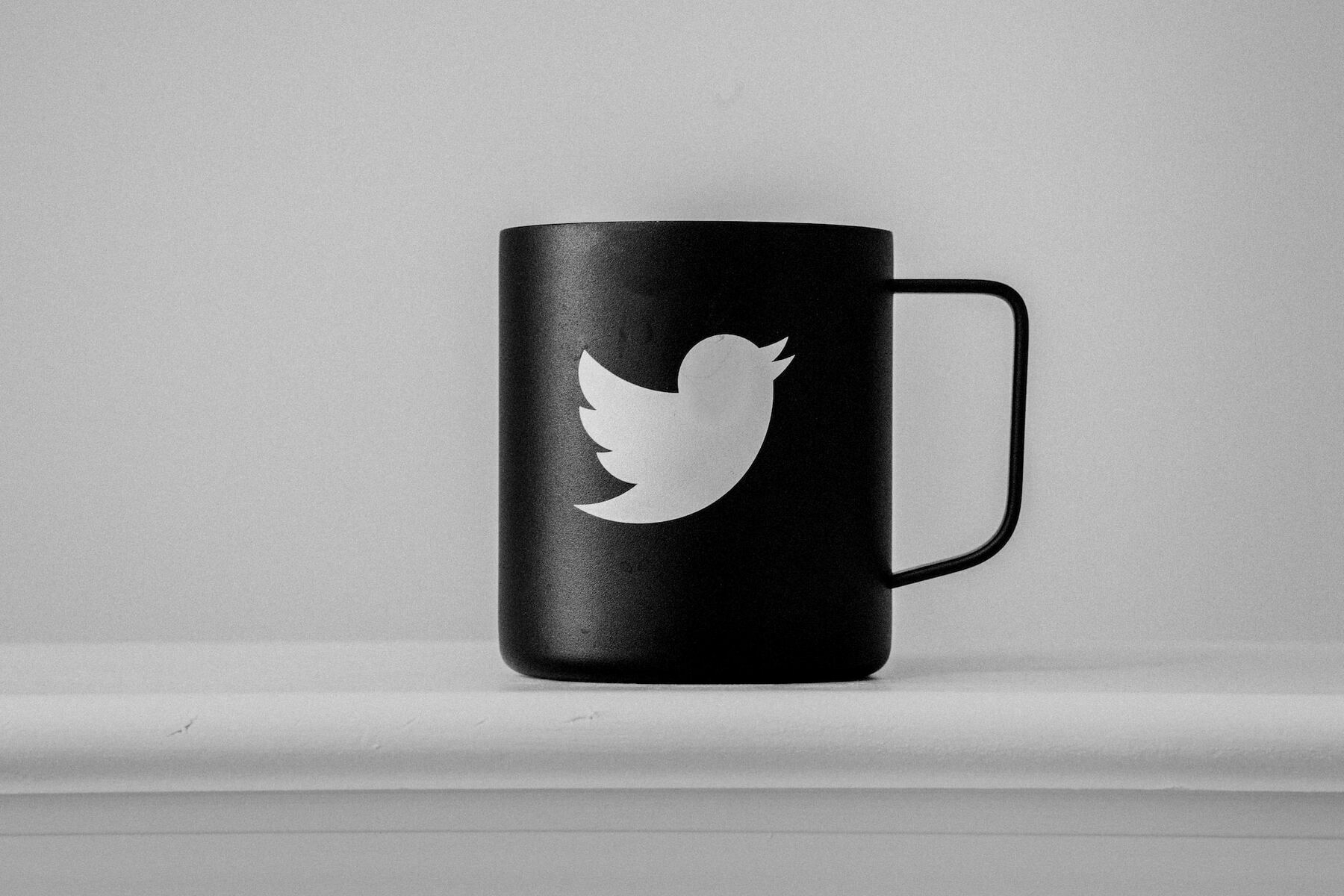Twitter now feels like the Brewster’s Millions of tech
I’d like to share two ‘leaving Twitter’ posts I came across yesterday. Theyoccupy somewhat opposite ends of the spectrum in terms of reasons for the decision. One is cold and rational, as befits an analyst like Benedict Evans. The other is more passionate and emotional, as you’d expect from someone like Douglas Rushkoff.

Let’s take Evans first, who writes:
...The last year swapped stasis for chaos. Stuff breaks at random and you don’t know if it’s a bug or a decision. The advertisers have fled, and no-one knows what will be broken by accident or on purpose tomorrow. The example that’s closest to home for me was that the in-house newsletter product was shut down - and then links to other newsletters were banned. Pick one! It’s hard to see anyone who depends on having a long-term platform investing in anything that Twitter builds, when it might not be there tomorrow.I couldn’t really care less about Twitter’s business model, although I did see the writing on the wall in 2014 when I wrote about what I call ‘software with shareholders’. So poor platform decisions don’t really move me.There are various diagnoses for this. Tesla has sometimes been run in chaos as well, but the pain of that is on the employees, not the customers: you can’t wake up in the middle of the night and decide the car should have five wheels and ship that the next day, but you can make those kinds of decisions in software, and Elon Musk does, all the time. Perhaps it’s a fundamental failure to understand how you run a community. Or something else. But whatever the explanation, Twitter now feels like the Brewster’s Millions of tech - ‘Watch One Man Turn $40bn Into $4 In 24 Months!’
What I am concerned about is reputational damage. Which is why our co-op’s Twitter/X account has been mothballed and will be deleted in January 2024. Being associated with a toxic brand is never a good idea.
So let’s move onto Rushkoff, who starts writing about Twitter/X but ends up (perhaps unhelpfully) generalising:
The uniquely destabilizing aspect of these platforms is that there’s no friction. There are no moderating influences. It’s a bit like running on ice. You go in a certain direction, and then you can’t stop. You just keep sliding in that direction. That’s what happens with social media. There’s no friction, no moderation, no balance. Every idea ends up rushing sliding towards its absolute conclusion immediately. So ideas in progress, things that maybe could be considered together — they end up just going to their logical extremes.I think Rushkoff makes a great point about “ideas in progress”. It used to be the case, before everyone arrived on social media, that you could share things that were unfinished, works in progress, half-baked ideas. These days, people are held to account for things they’ve posted over a decade earlier, as if people don’t learn and grow.[…]
That frictionless quality of this space untethers its users from reality. It’s like an acid trip where the hallucinations can become more compelling than the real. Every thought spins out and magnifies. If you have a fear, it’s as if it is just conjured into reality. Without an intentional set and setting for such an acid trip, one can easily get lost in the turbulence.
I’m pleased to have made the decision a couple of years ago to leave Twitter complete, and to have done so without much fanfare. There are much better spaces to be online, usually in the dark forests. But there are more public places, too. The Fediverse (where you can find me on social.coop, among other spaces) continues to be a good experience for me. More recently, I’ve found Substack Notes to be pretty great.
People used to describe Twitter like a café or bar where you could get involved with, and overhear, great conversations. To extend that analogy, sometimes a bar gets overrun with the wrong kind of person, and so people with any kind of taste move on. It seems like that’s what’s happened now with Twitter.
Sources: